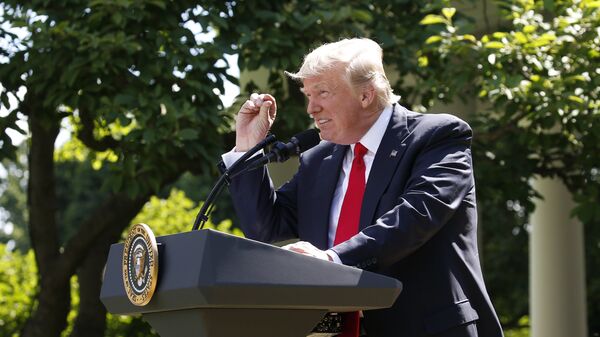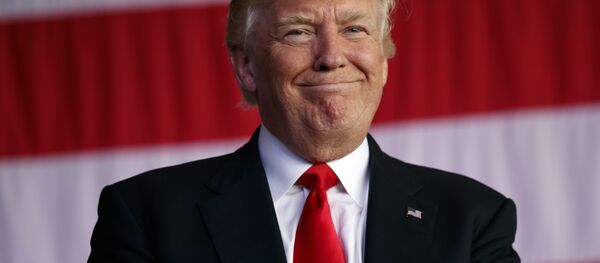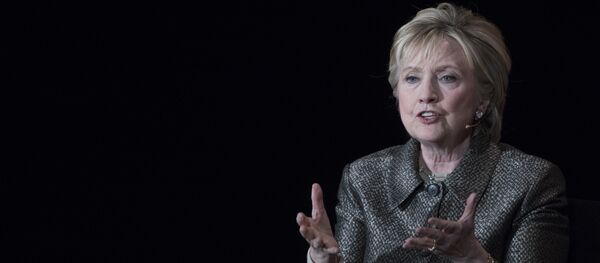"He [Trump] pledged it during the campaign, so he did what he pledged. But I think it will be the United States who will be losing from this decision. Because Elon Musk from Tesla will leave. There will be no more progress. Who will be replacing the vacuum in the leadership over development of technological innovation? Japan, Germany and surprisingly it will be China. China is already exporting electric buses to the United Kingdom, much cheaper than Germany for example, so that nobody can compete," Rae Kwon Chung, who is also a 2007 Nobel Peace Prize laureate, said at the St. Petersburg International Economic Forum (SPIEF).
"China will be enjoying the space left by the United States. The EU and China already signed yesterday to work together for climate change. So the rest of the world is uniting to push for climate action, while the United States is left behind," Chung added.
"Trump says he is doing it for people of a peaceful world. But he is not. It is actually going back to the old days. You have to move forward to develop new industrial competitiveness, rather than relying on the old competitiveness. He is a businessman, but what kind of business is this? The United States is going to lose global leadership in terms of both political and also business leadership," the former UN chief's adviser said.
The Paris climate agreement within the UN Framework Convention on Climate Change, championed by former US President Barack Obama, was signed in 2015. It aims to hold the increase in average global temperature to below 2 degrees Celsius above pre-industrial level by reducing greenhouse gas emissions, with all the signatory states agreeing to reduce or limit their greenhouse gas emissions. Washington's participation in the deal, has been crucially important for the accord, as the United States, along with China, are the largest producers of carbon emissions in the world.




